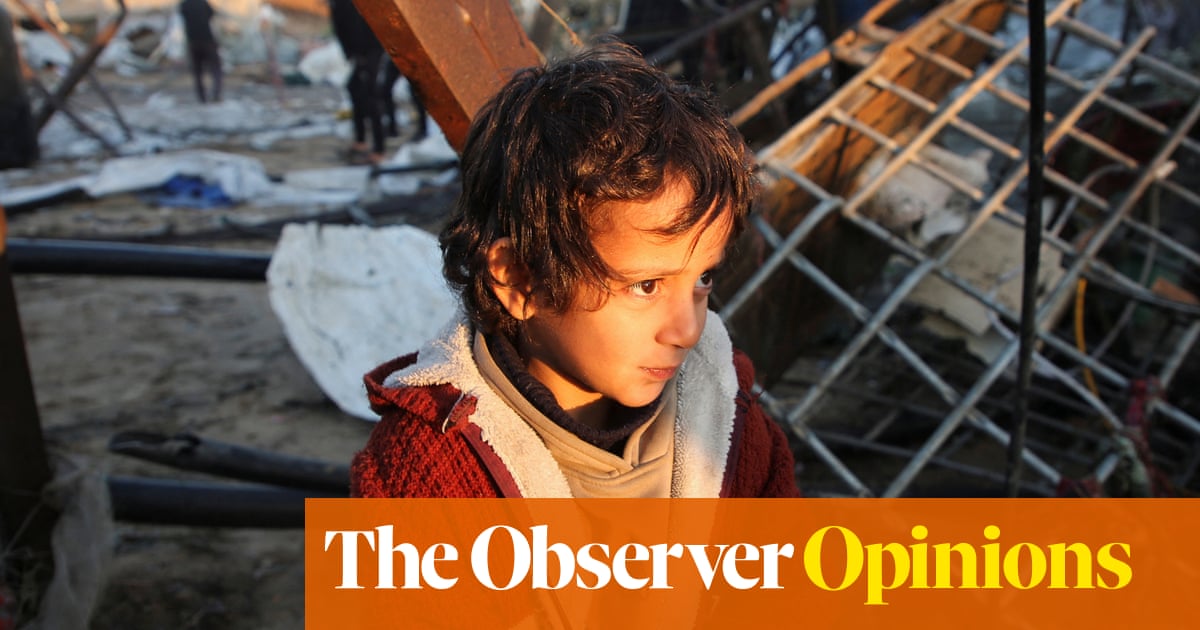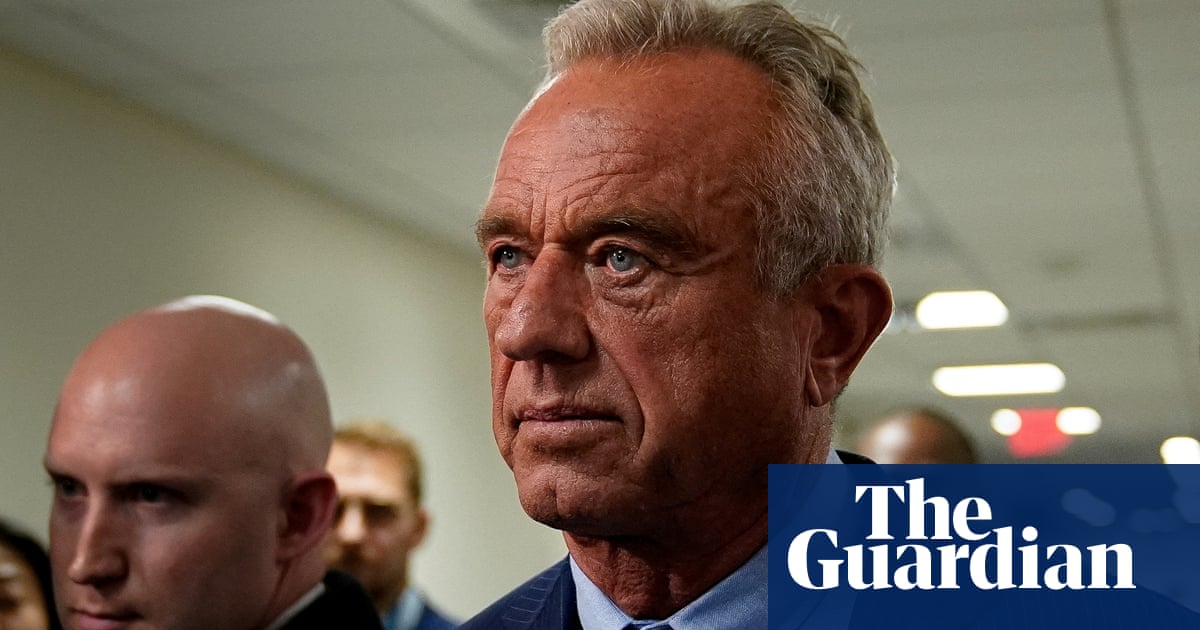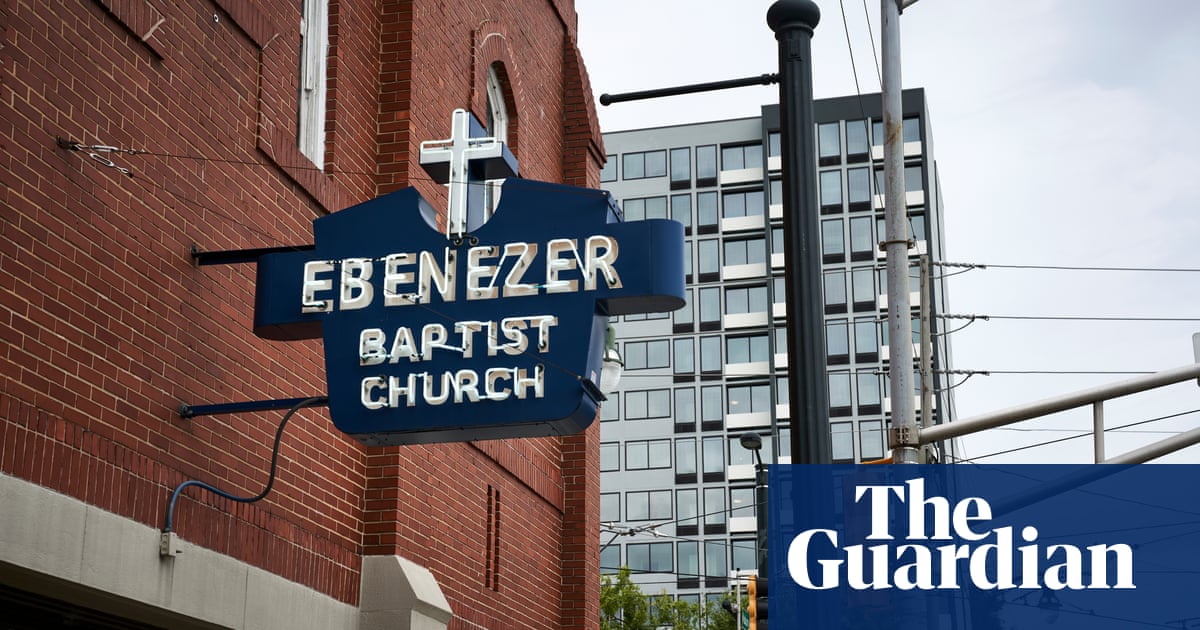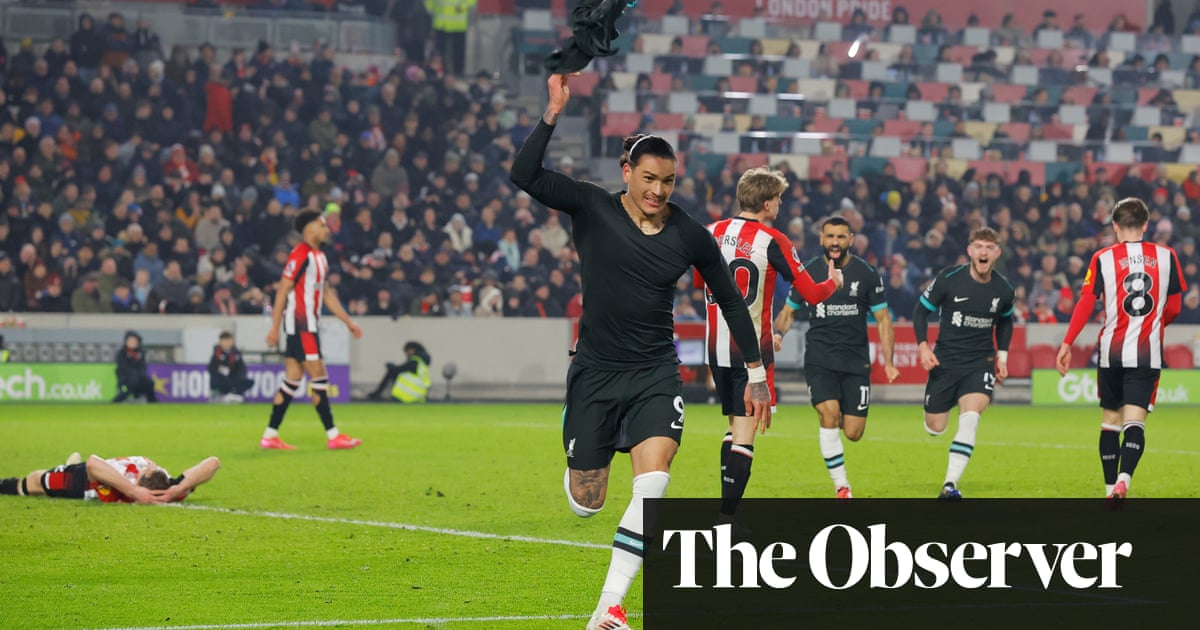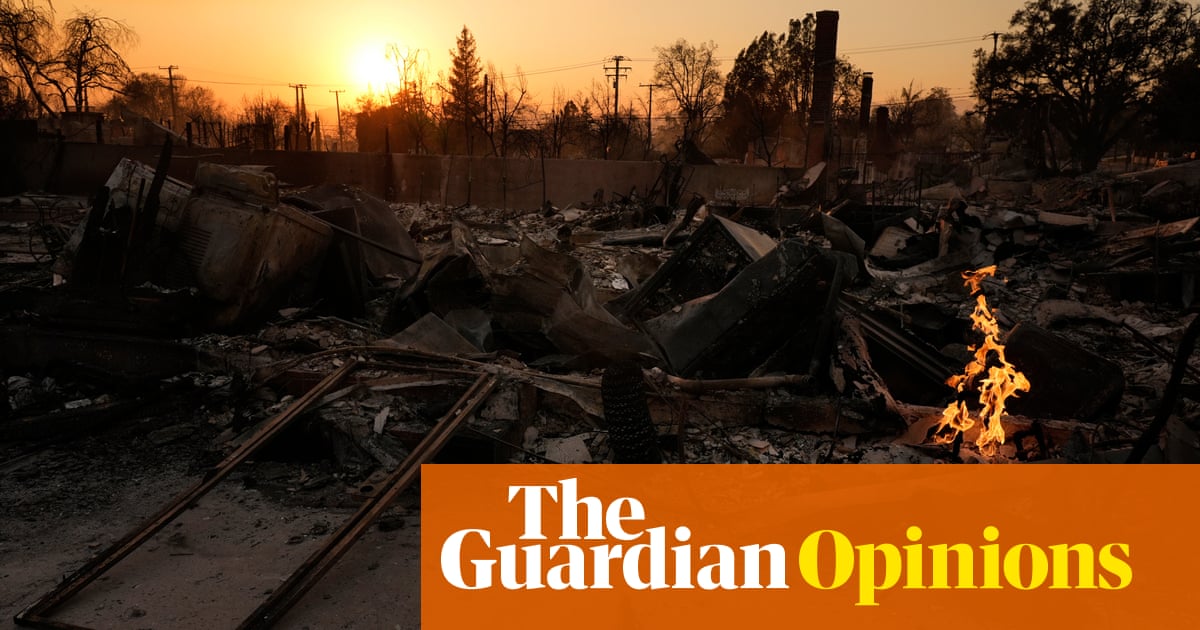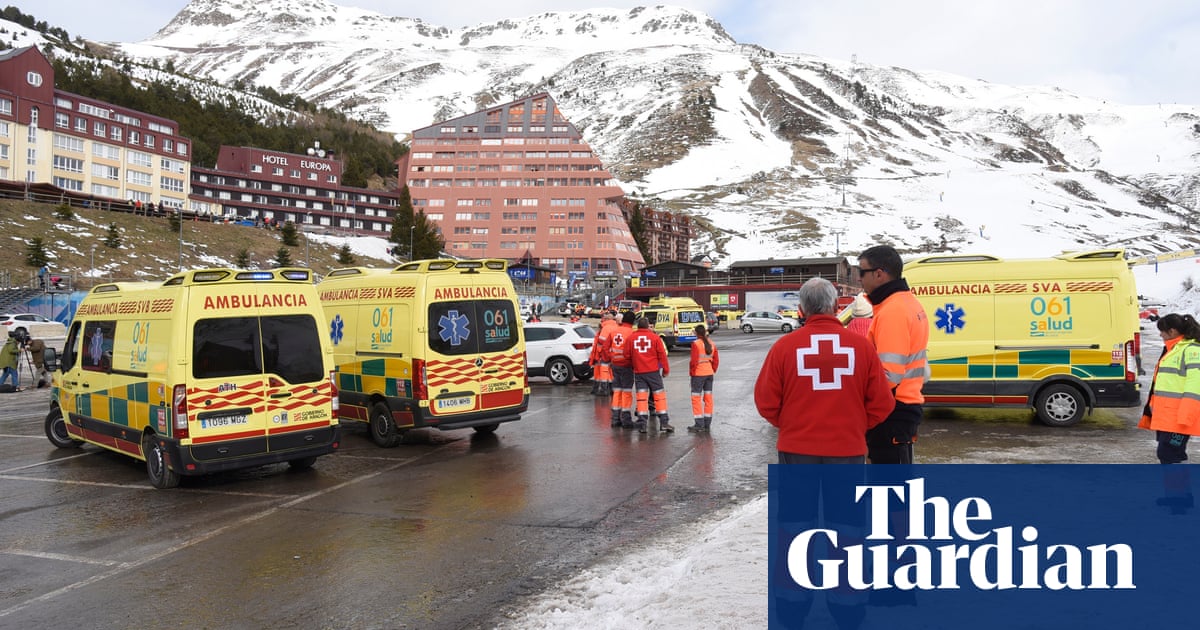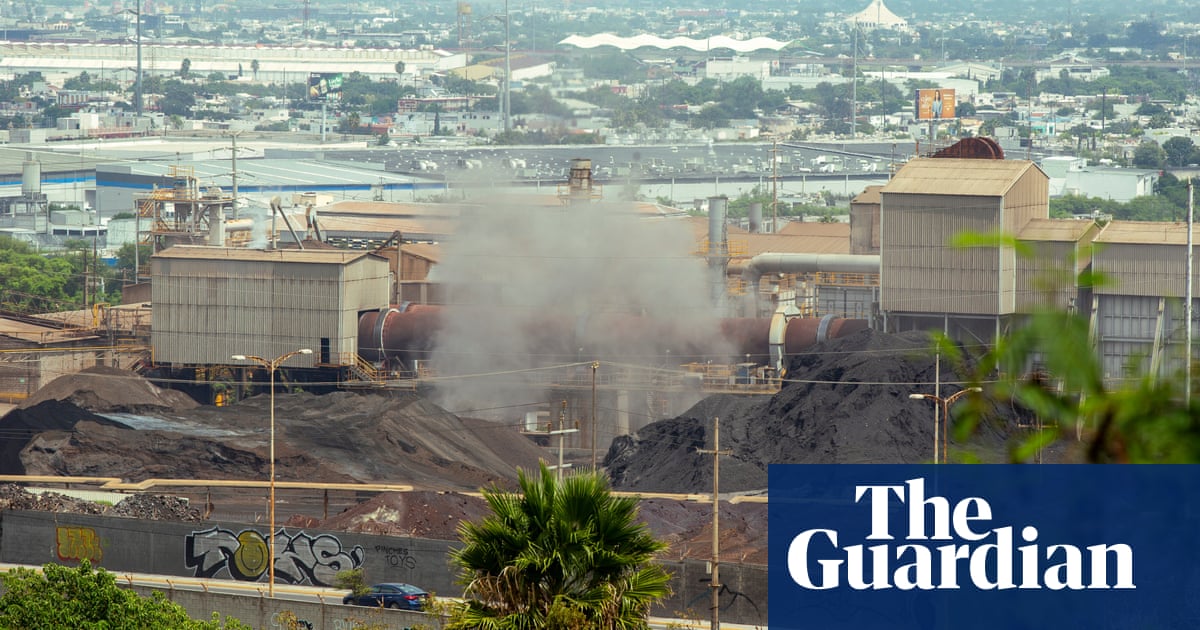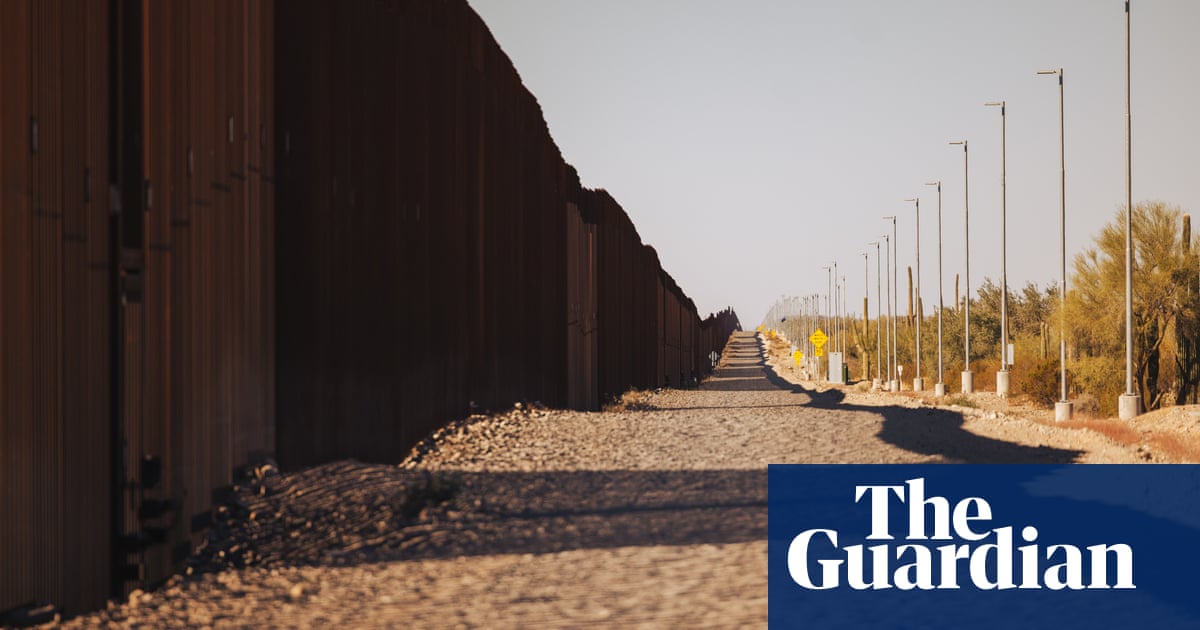An active, boisterous French-Canadian family of six, led by mum Edith Lemay and dad Sébastien Pelletier, discover that three out of their four kids have the gene for the disease retinitis pigmentosa. That means eldest sister Mia, and younger boys Colin and Laurent will gradually go blind, first by losing their ability to see in the dark. Only middle child Léo got lucky and didn’t inherit it. When the parents asked a doctor what they would do if their child got such a diagnosis, the doctor said they would help their children make as many visual memories as they could while they still had time, so the Lemay-Pelletiers decided to take a year out and go travelling around the world, funded by shares Sébastian had just recently gained. As well as presumably some kind of financial or at least logistical support from the film-makers who are quietly documenting all this from the start, backed by the National Geographic channel.
That station’s involvement partly explains the wholesome, squarely sentimental tone of the film, which constantly emphasises what a lovely nice family these people are even as they face a literal dark future together. Even the font used for onscreen graphics, mimicking a clumsy handheld script, is aggressively corny-cutesy. The slow drip of sanctification, forced down with an especially saccharine score, may be enough to make some viewers go off the film and even the subjects themselves as they enjoy the dream holiday of a lifetime, flying from country to country, and ticking items off their bucket list like “see a sunset in the desert” and “drink juice while riding a camel”.
Of course there are down moments. For example, Colin is distraught over being separated from a dog he’s befriended in the Himalayas, and poor Mia looks increasingly depressed throughout – as if she’s struggling with the prospect of her future or is just annoyed she’s missing time being a teenager with her friends back home. But the film-makers never probe psyches very deeply, not even the parents’. It’s just one contemporary travelogue cliche after another, admittedly beautifully shot in super high definition.
The best bit, perhaps because it veers so far from the script, is when the whole family and cameraman get stuck overnight in an aerial cable car in Ecuador without water or a toilet, and everyone gets a bit panicked. It’s also the one time where we see a little friction between these privileged white northerners and the developing world; the ride attendants whom Sébastian manages to contact on the phone can only say sit tight and wait, help is coming, but not for a while. There’s a metaphor in there somewhere.

 1 month ago
48
1 month ago
48
